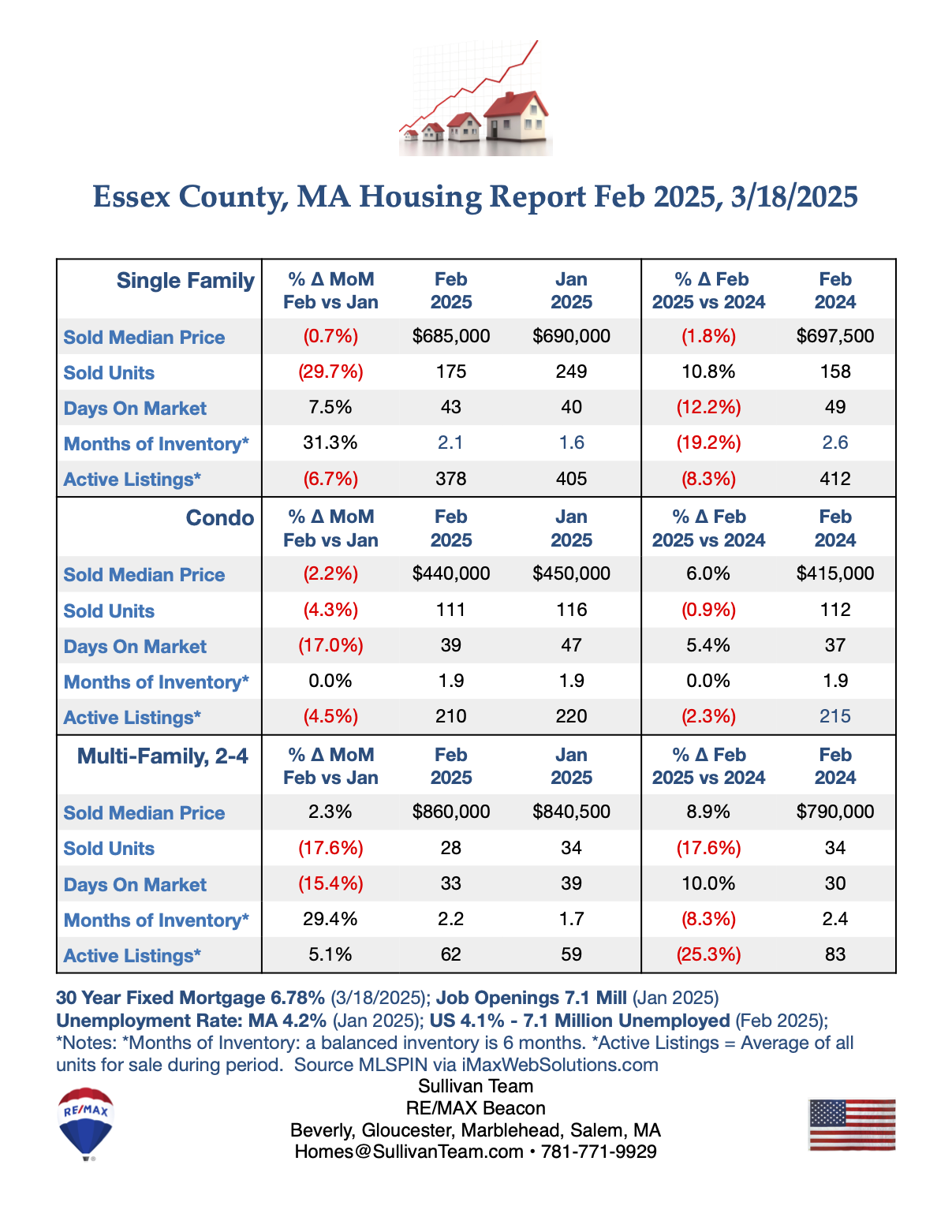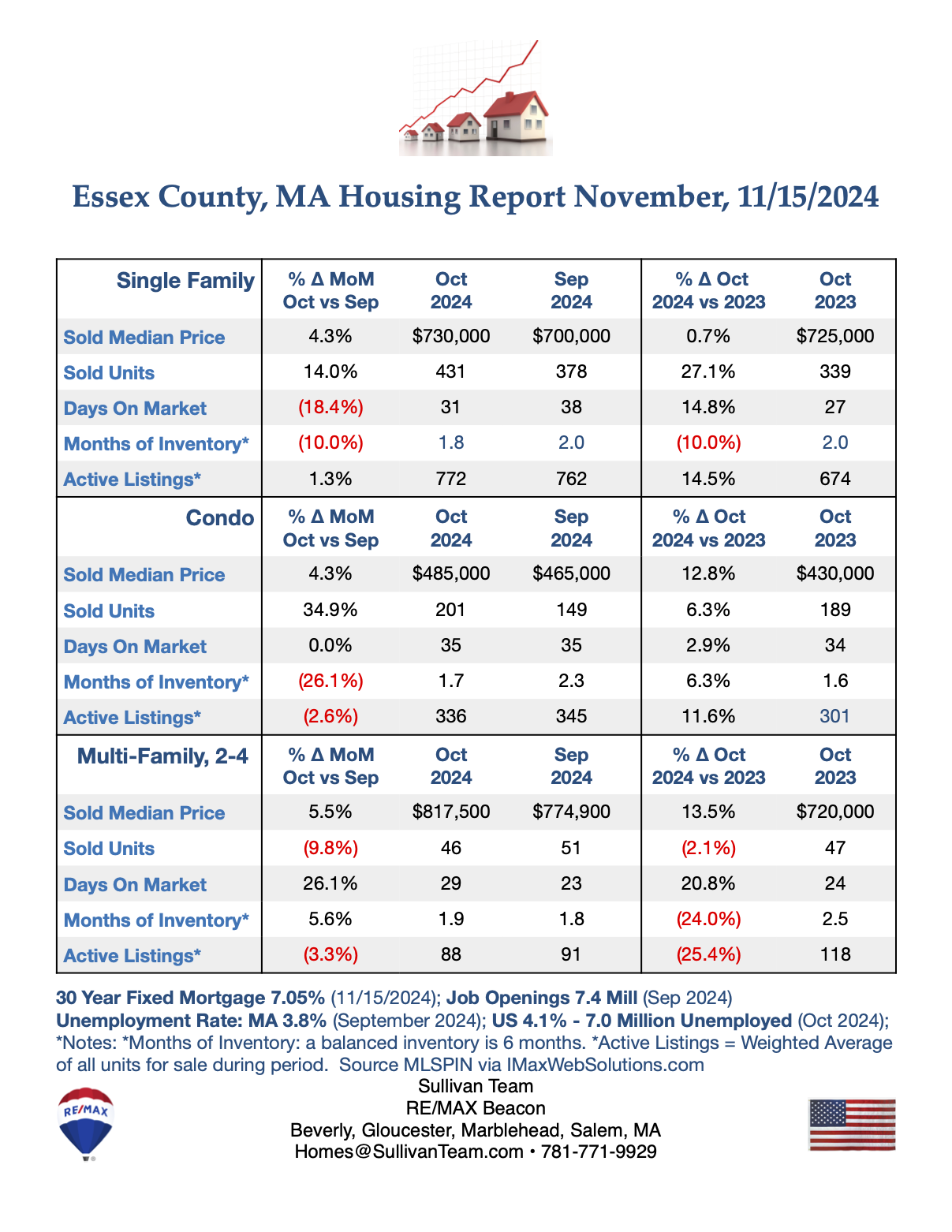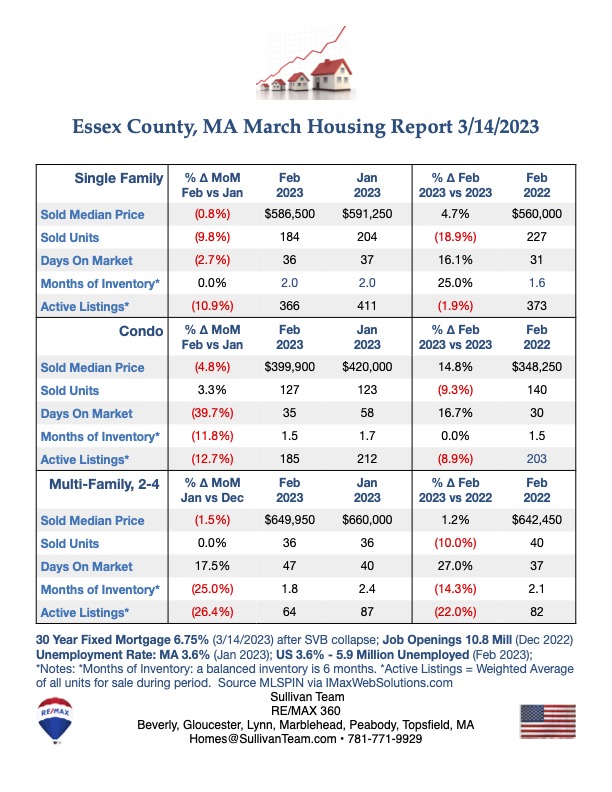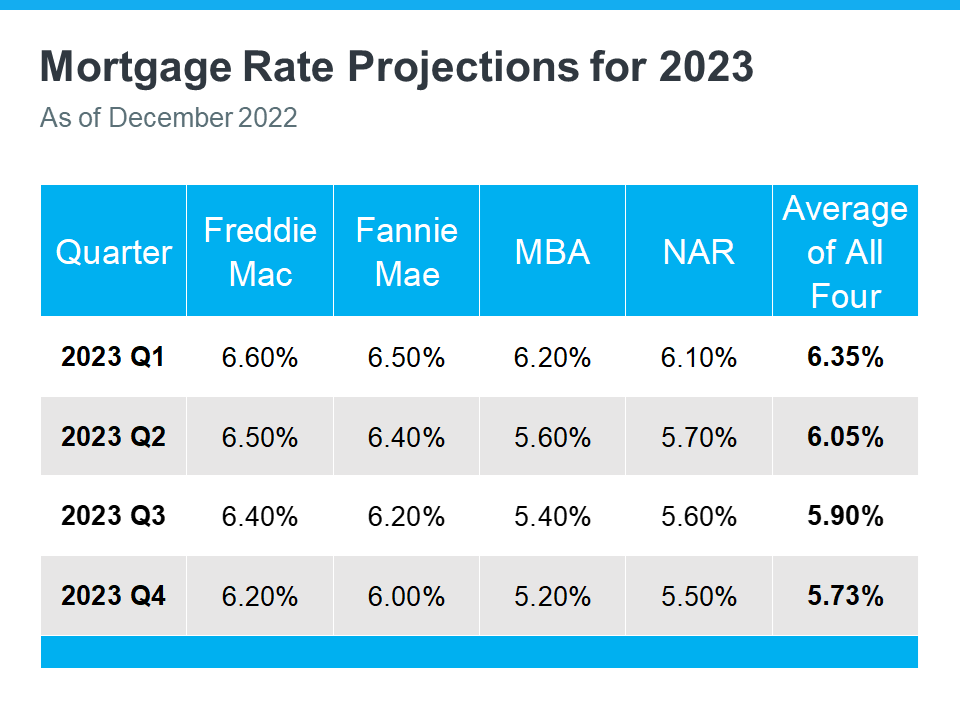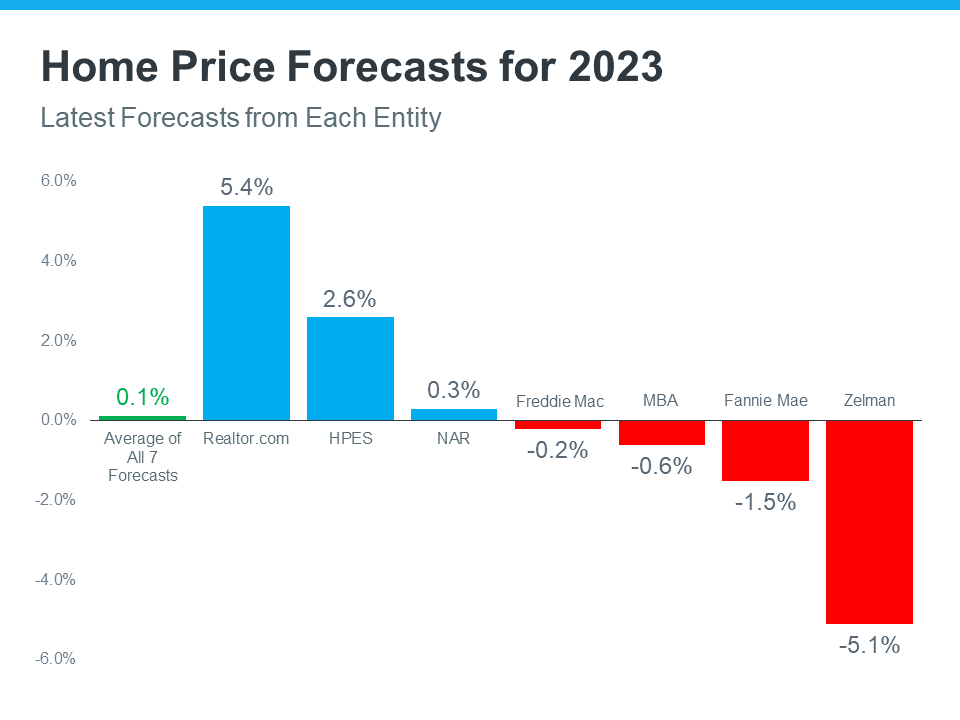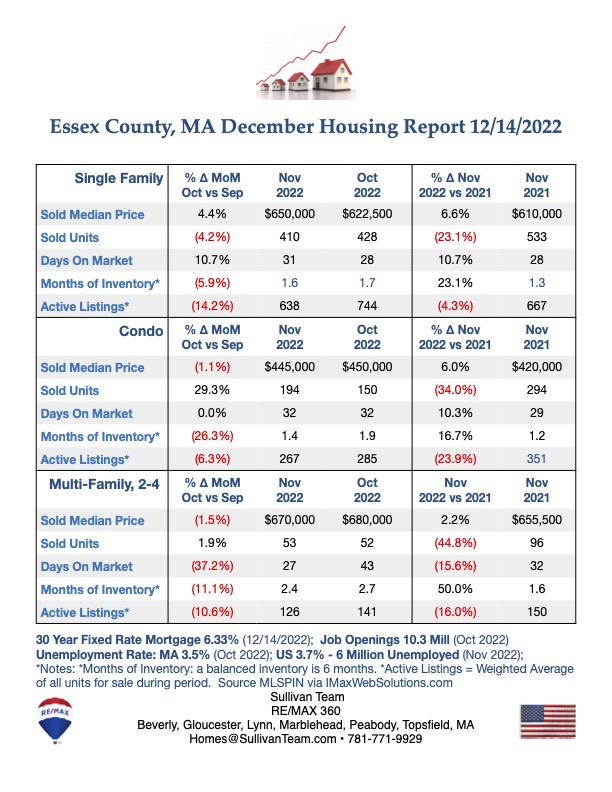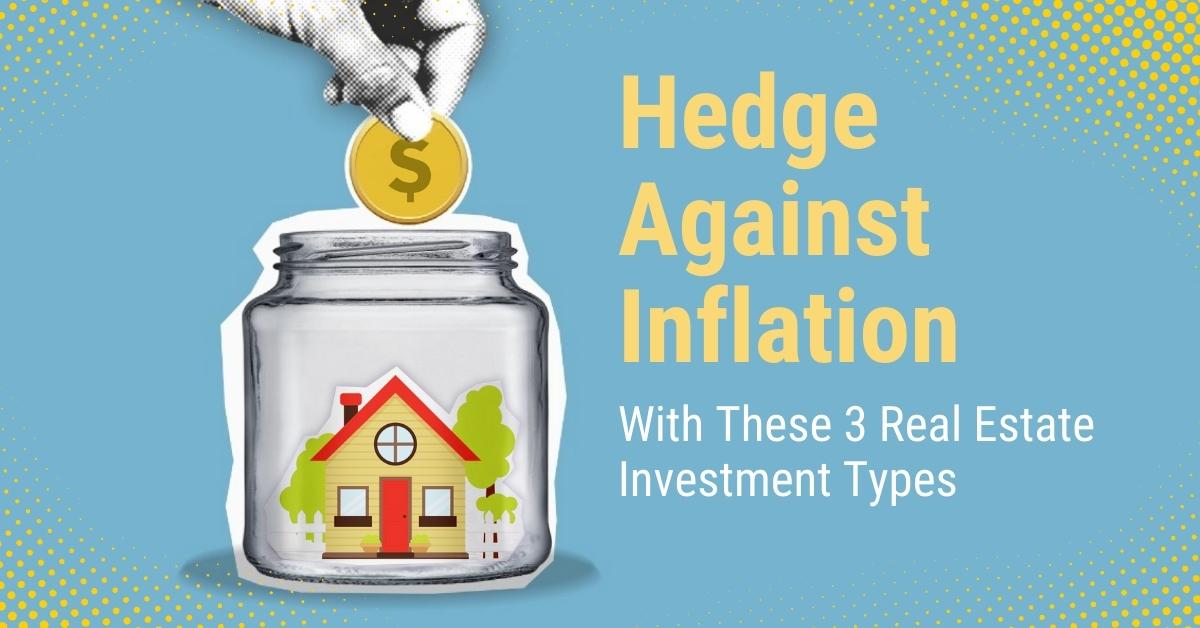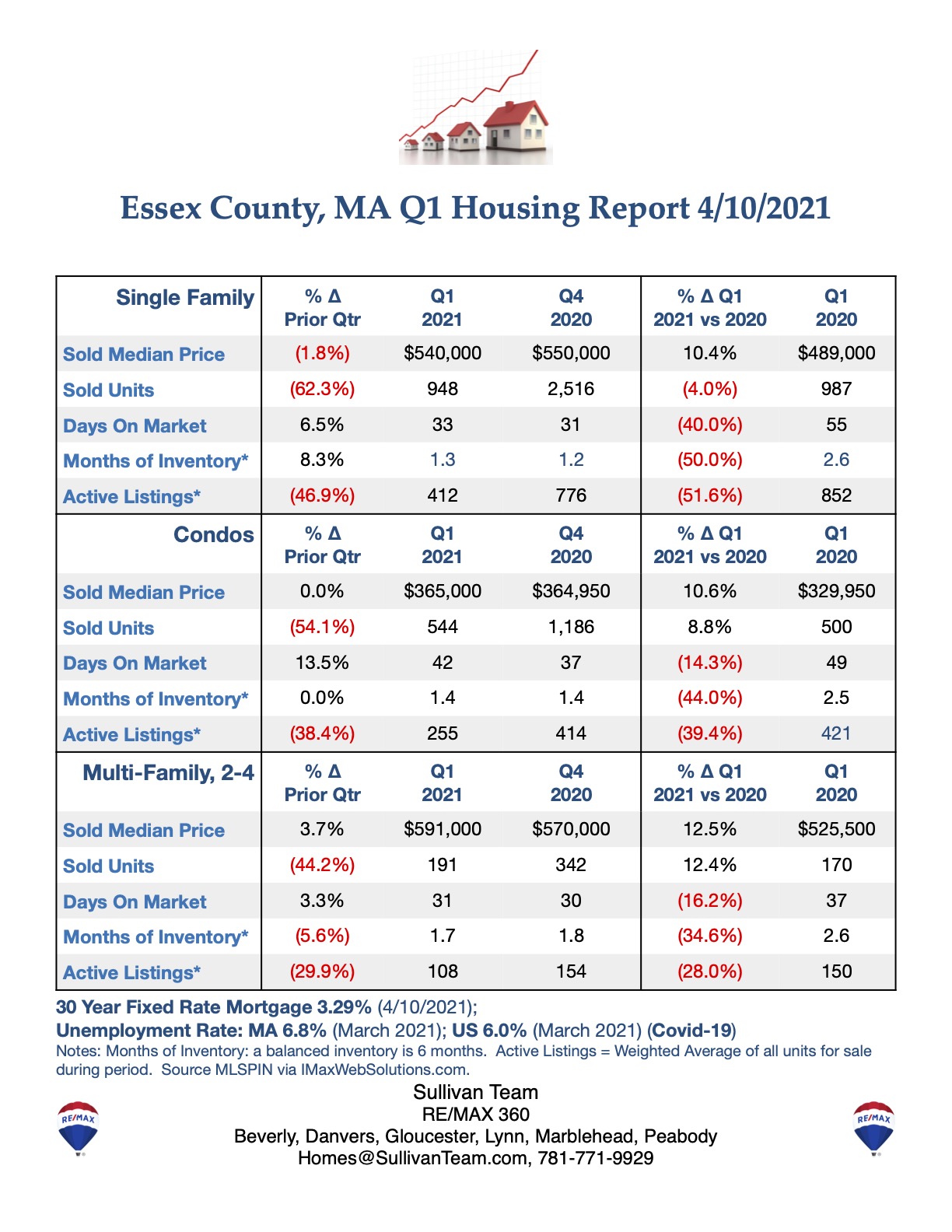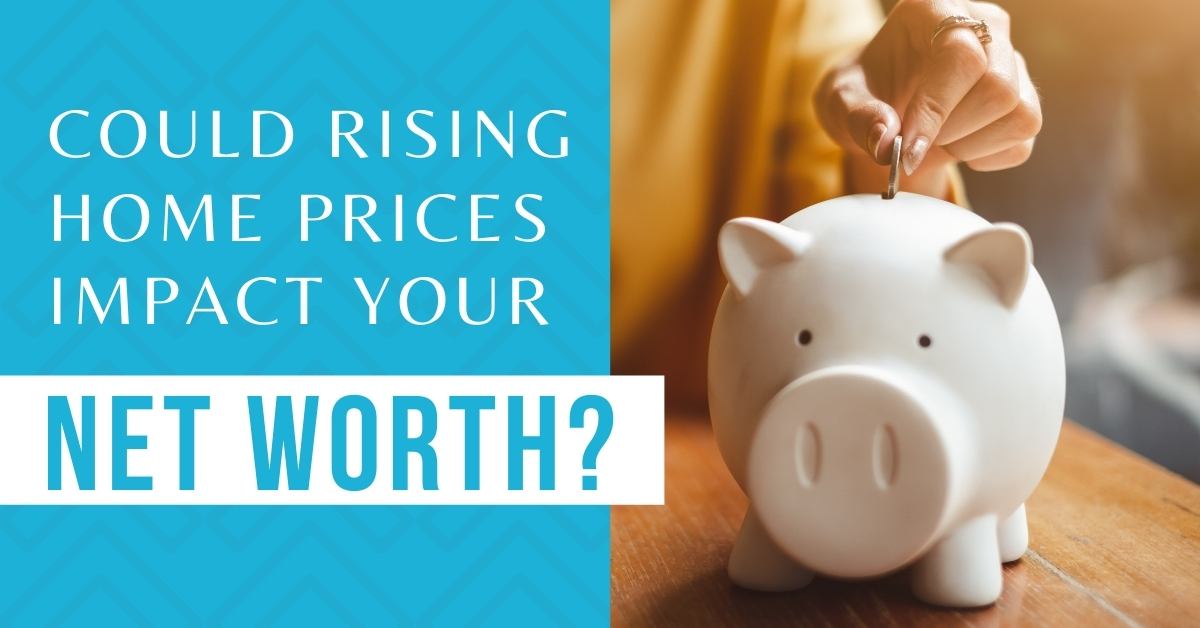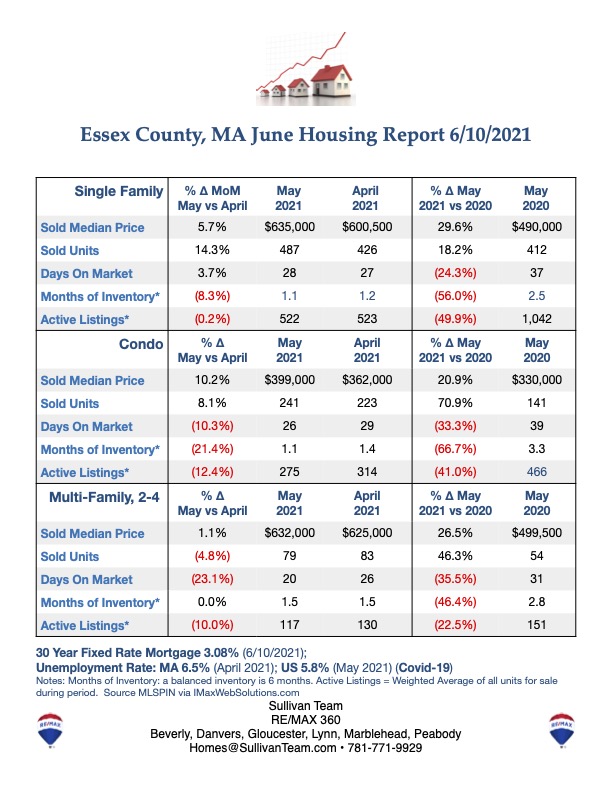
Finding a New Home for Your Next Stage of Life
Imagine the first place you lived as a young adult. Now imagine trying to fit your life today into that space. Not pretty, right?
For most of us, our housing needs are cyclical.1 A newly independent adult can find freedom and flexibility in even a tiny apartment. That same space, to a growing family, would feel stifling. For empty nesters, a large home with several unused bedrooms can become impractical to heat and clean. It’s no surprise that life transitions often trigger a home purchase.
While your home-buying journey may not look like your neighbor’s or friend’s, broad trends can help you understand what to keep in mind as you house hunt. No one wants to regret their home purchase, and taking the time now to think about exactly what you need can save a lot of heartache later.
The Newly Married or Partnered Couple
The financial and legal commitment of marriage has provided a springboard to homeownership for centuries, though these days more couples are buying homes without exchanging rings. In the last few decades, changing demographics have shifted the median age of first marriage and buying a first home into the late 20s and early 30s, planting most newly married or partnered buyers firmly in the millennial generation.2,3 But no matter your age, there are some key factors that you should consider as you enter into your first home purchase together.
Affordability is Key
There’s no doubt about it—with high student loan debt and two recessions in the rearview mirror, many millennials feel that the deck is stacked against them when it comes to homeownership. And it’s not just millennials—Americans of all ages are facing both financial challenges and a tough housing market. But stepping onto the property ladder can be more doable than many realize, especially in today’s low mortgage rate environment.
While many buyers are holding out for their dream home, embracing the concept of a starter home can open a lot of doors.4 In fact, that’s the route that most first-time homebuyers take—the average home purchase for a 20-something is about 1,600 square feet. While the average size increases to around 1,900 square feet for buyers in their 30s, it’s not until buyers reach their 40s that the average size passes 2,000 square feet.5
Chosen carefully, a starter home can be a great investment as well as a launchpad for your life together. If you focus on buying a home you can afford now with strong potential for appreciation, you can build equity alongside your savings, positioning you to trade up to a larger home in the future if your needs change.6
Taking Advantage of Low Mortgage Rates
Mortgage rates are historically low, making now the perfect time to purchase your first home together. A lower interest rate can save you tens of thousands of dollars over the life of your loan, which can significantly increase the quality of home you can get for your money.
But what if both halves of a couple don’t have good credit? You may still have options. First, boosting a credit score can be easier than you think—simply paying your credit cards down below 30% of your limit can go a long way. But if that’s not enough to boost your score, you might consider taking out the mortgage in only the better-scoring partner’s name. The downside is that applying for a mortgage with only one income will reduce your qualification amount. And if you take that route, make sure you understand the legal and financial implications for both parties should the relationship end.
Commute and Lifestyle Considerations
Whether you’ve lived in a rental together for years or are sharing a home for the first time, you know that living together involves some compromises. But there are certain home features that can make life easier in the future if you identify them now. The number of bathrooms, availability of closet space, and even things like kitchen layout can make a big difference in your day-to-day life and relationship.
Your home’s location will also have a significant impact on your quality of life, so consider it carefully. What will commuting look like for each of you? And if you have different interests or hobbies—say, museums vs. hiking—you’ll need to find a community that meets both your needs. Need some help identifying the ideal location that fits within your budget? We can match you with some great neighborhoods that offer the perfect mix of amenities and affordability.
The Growing Family
Having kids changes things—fast. With a couple of rowdy preteens and maybe some pets in the mix, that 1,600 square foot home that felt palatial to two adults suddenly becomes a lot more cramped. Whether you’ve just had your first child or are getting to the point where your kids can’t comfortably share a bedroom any longer, there’s plenty to consider when you’re ready to size up to a home that will fit your growing family.
The Importance of School Districts
For many parents, the desire to give their kids the best education—especially once they are in middle and high school— surpasses even their desire for more breathing room. In fact, 53% of buyers with children under 18 say that school districts are a major factor in their home buying decisions.7 Of course, better funded (and often higher ranking) schools correspond to higher home prices. However, when push comes to shove, many buyers with kids prefer to sacrifice a bit of space to find a home in their desired location.
But when you’re moving to a new community, it can be tough to figure out what the local schools are actually like—and online ratings don't tell the whole story. That’s why talking to a local real estate agent can be a gamechanger. We don’t just work in this community; we know it inside and out.
Lifestyle Considerations
For many families, living space is a key priority. Once you have teenagers who want space to hang out with their friends, a finished basement or a rec room can be a huge bonus (and can help you protect some quieter living space for yourself).
A good layout can also make family life a lot easier. For example, an open plan is invaluable if you want to cook dinner while keeping an eye on your young kids playing in the living room. And if you think that you might expand your family further in the future, be sure that the home you purchase has enough bedrooms and bathrooms to accommodate that comfortably.
Functionality
Try to think about how each room will fit into your day-to-day. Are you anticipating keeping the house stocked to feed hungry teenagers? A pantry might rise to the top of the list. Dreading the loads of laundry that come with both infants and older kids (especially if they play sports)? The task can be much more bearable in a well-designed laundry room. Imagine a typical day or week of chores in the house to identify which features will have the biggest impact.
Chances are, you won’t find every nice-to-have in one home, which is why identifying the must-haves can be such a boon to the decision-making process. We can help you assess your options and give you a sense of what is realistic within your budget.
The Empty Nesters
When we talk about empty nesters, we usually think about downsizing. With kids out of the house, extra bedrooms and living space can quickly become more trouble than they’re worth. While the average buyer under 55 trades up to a larger home, buyers over 55 are more likely to purchase a smaller or similarly sized but less expensive home. Even in the highest age groups, the majority of home purchases fall in the single-family category. According to research by the National Association of Realtors, by the time buyers reach their 70s, the median home size drops to 1,750 square feet.5 But there’s plenty for empty nesters to think about besides square footage.
Maintenance and Livability
What factors are driving your decision to move? Identifying those early in the process can help you narrow down your search. For example, do you want to have space for a garden, or would you prefer to avoid dealing with lawn care altogether? What about home maintenance? In many cases, a newer home will require less maintenance than an older one and a smaller one will take less time to clean. You may also want to consider townhomes, condos, or other living situations that don’t require quite as much upkeep.
Lifestyle Considerations
Many empty nesters have retired or are nearing retirement age. This could be your chance to finally pursue hobbies and passions that were just too hard to squeeze into a 9-5. If you’re ready to move, consider how you’d like to spend your days and seek out a home that will help make that dream a reality. For some, that might mean living near a golf course or a beach. For others, being able to walk downtown for a nice dinner out is the priority. And with more time to spend as you wish, proximity to a supportive community of friends and family is priceless.
Ability to Age in Place
Let’s face it—we can’t escape aging. If you’re looking for a home to retire in, accessibility should be front-of-mind.8This may mean a single-story home or simply having adequate spaces on the first floor to rearrange as needed. While buying a home that you plan to renovate from the start is a viable option, being forced into renovations (because of the realities of aging) a few years down the road could seriously dig into your nest egg. Location matters, too—if your family will be providing support, are they close by? Can you easily reach necessities like grocery stores and healthcare? While it’s tempting to put it out of our minds, a few careful considerations now can make staying in your home long-term much more feasible.
Finding the Right Home for Right Now
One thing is for sure—life never stands still. And your housing needs won’t, either. In the United States, the median duration of homeownership hovers around 13 years.9 That means many of us will cycle through a few very different homes as we move through different life stages. At each milestone, a careful assessment of your housing options will ensure that you are well-positioned to embrace all the changes to come.
Whatever stage you’re embarking on next, we’re here to help. Our insight into local neighborhoods, prices, and housing stock will help you hone in on exactly where you want to live and what kind of home is right for you. We’ve worked with home buyers in every stage of life, so we know exactly what questions you need to ask. Buying a home—whether it’s your first or your fifth—is a big decision, but we’re here to support you every step of the way.
We support the Fair Housing Act and equal opportunity housing.
Sources:
- Freddie Mac -
http://www.freddiemac.com/blog/homeownership/20190104_homebuying_lifecycle.page
- PRB -
https://www.prb.org/usdata/indicator/marriage-age-women/snapshot/
- Experian -
https://www.experian.com/blogs/ask-experian/research/average-age-to-buy-a-house/#:~:text=Buying%20a%20first%20home%20will,by%20real%20estate%20marketplace%20Zillow
- Nerdwallet -
https://www.nerdwallet.com/article/mortgages/starter-home-forever-home
- NAR 2020 Home Buyers and Sellers Generational Trends Report -
https://cdn.nar.realtor/sites/default/files/documents/2020-generational-trends-report-03-05-2020.pdf
- Investopedia -
https://www.investopedia.com/personal-finance/what-look-starter-home/
- NAR 2019 Moving With Kids
https://www.nar.realtor/research-and-statistics/research-reports/moving-with-kids
- Kaiser Health News -
https://khn.org/news/baby-boomers-aging-aging-in-place-retrofit-homes/
- National Association of Realtors -
https://www.nar.realtor/blogs/economists-outlook/how-long-do-homeowners-stay-in-their-homes#:~:text=As%20of%202018%2C%20the%20median,varies%20from%20area%20to%20area
